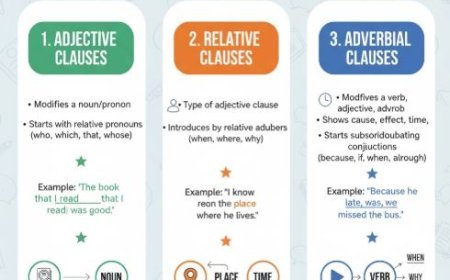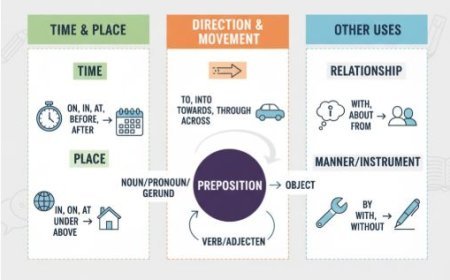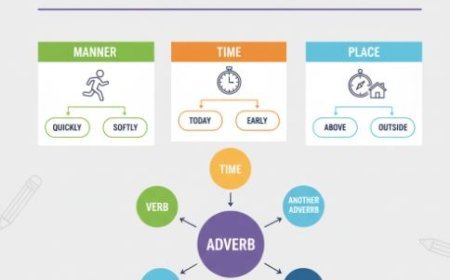CONCORD
Concord: Subject-verb harmony! Make your sentences sing with matching singular/plural forms

Concord in English
When it comes to mastering the English language, there are many rules and concepts that must be understood. One of these is the concept of concord, also known as agreement or grammatical agreement. While it may sound like a complex and intimidating term, the concept of concord is actually quite simple and understanding it can greatly improve one's grasp of English grammar.
CONCORD
- Concord, or agreement, in English refers to the correspondence between different parts of a sentence.
- This means that the different elements in a sentence, such as subject and verb, must agree with each other in terms of number, person, and gender.
- In simpler terms, if the subject of a sentence is singular, the verb that follows must also be singular. In the same way, a plural verb must accompany a plural subject.
- For example, in the sentence 'She sings beautifully', the singular subject 'she' agrees with the singular verb 'sings'.
- However, in the sentence 'They sing beautifully', the plural subject 'they' agrees with the plural verb 'sing'. This is a basic example of concord in English.
Concord with Nouns
- The most common form of concord in English is between nouns and pronouns.
- Pronouns and nouns need to match in terms of gender and number.
- For example, in the sentence 'The girl ate her lunch', the singular noun 'girl' agrees with the singular pronoun 'her'.
- Similarly, in the sentence 'The boys played with their toys', the plural noun 'boys' agrees with the plural pronoun 'their'.
Concord with Verb
- As mentioned earlier, verbs must also agree with their subjects in terms of number and person.
- In addition, they must also agree with the tense of the sentence.
- For example, in the present tense, the verb 'to be' changes depending on the subject.
- In the sentence 'I am a teacher', the first person singular subject 'I' agrees with the present tense form of the verb 'am'.
- In contrast, in the sentence 'He is a doctor', the third person singular subject 'he' agrees with the present tense form of the verb 'is'.
Concord with Adjective
- Adjectives must also agree with the nouns they modify in terms of number, gender, and case.
- In the sentence 'She is a beautiful girl', the singular feminine noun 'girl' agrees with the singular feminine adjective 'beautiful'.
- Similarly, in the sentence 'They are tall basketball players', the plural masculine noun 'basketball players' agrees with the plural masculine adjective 'tall'.
Exceptions to Concord
- While concord is a general rule in English grammar, there are some exceptions to it.
- For example, when using collective nouns such as 'team' or 'family', the verb can either agree with the singular noun or with the plural members of the group.
- For instance, in the sentence 'The team is playing well', the singular verb 'is' agrees with the collective noun 'team'.
- However, in the sentence 'The team are wearing their jerseys', the plural verb 'are' agrees with the plural members of the team.
- Another exception is with indefinite pronouns such as 'anyone' or 'someone'. These pronouns are always singular, even though they may refer to more than one person.
- For instance, in the sentence 'Anyone can participate in the race', the singular verb 'can' agrees with the indefinite pronoun 'anyone'.
What's Your Reaction?



































